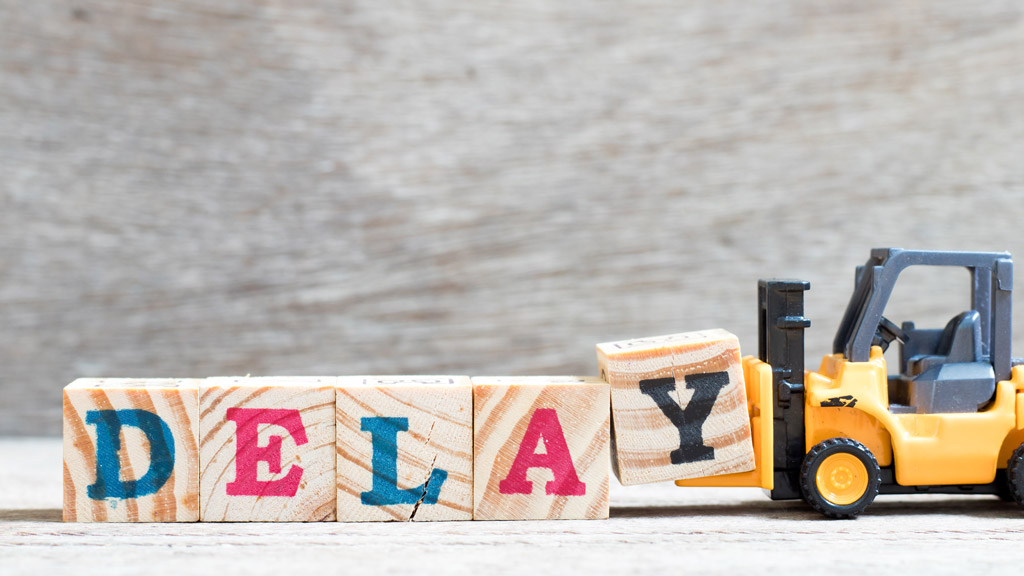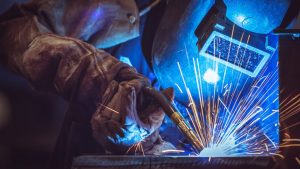The City of Vancouver is considering delaying net-zero construction requirements for a year due to concerns over building permit delays.
The pause is being recommended by city staff who argue that delaying the regulations would allow residential permits to proceed faster because conditions and reviews required would be reduced. Staff added reducing the further growth of backlog is critical to addressing the city’s housing affordability issues.
Vancouver’s zero emissions plan has set a goal of achieving zero emissions in all new buildings by 2030.
Groups, like the Homebuilders Association Vancouver (HAVAN) and the Canadian Institute of Plumbing and Heating (CIPH) are urging the city to go through with the delay.
“The permit process in the city of Vancouver has reached crisis proportions,” said Ron Rapp, CEO of HAVAN.
He added some of the group’s members have large amounts of contracted work that can’t move ahead due to permit issues.
“Their staff are potentially being sent home or might even seek other opportunities,” said Rapp. “It is not an issue of what performance standards are being applied to new construction when permits for it cannot be issued or are delayed in contributing to the housing continuum, supply and contribute toward increasing affordability.”
Rapp argued the delay wouldn’t have major impacts on greenhouse gas levels and the benefits of streamlining the approvals process are high.
“This 12-month delay in regulatory implementation will allow for proper preparation by all parties to accommodate for the adoption of the net-zero requirement, and give staff the opportunity to determine how to process this in less than the 12 weeks this one factor is currently adding to the approval timeframe,” said Rapp.
In a letter to the city, CIPH president Ralph Suppa argued their members and staff were not meaningfully consulted when carbon emission reduction plans were being explored.
Suppa said the city and its contractors overlooked emerging space and water heating technologies poised to enter the market place – like hydrogen and natural gas.
“The switch to renewable energy needs to be as easy as possible,” said Suppa, who noted dealing with building permit delays will help the roll out of green construction incentives.
Shaun St-Amour, a product consultant at 475 High Performance Building Supply and a Passive House expert, says delaying the plans would be a mistake.
While he said the initial costs to do high performance construction can be higher, as the trades learn and more projects are done, the costs come down. High performing buildings also save money over their lifetime.
“They need to stick to the policy in place and not postpone it,” said St-Amour. “Because policy drives changes and it forces people to get off their butt and do something. If we spend another year blaming COVID or consultants we will never go anywhere.”
St-Amour said the climate crisis requires rapid mass mobilization to bring about change, something that has only happened once in recent history.
“World War 2 is the best example,” he said. “Humans have proven we can succeed. We can finance this, we have all the answers to build better buildings, we just need industry to change. Unfortunately, construction has always been one of the industries that is most resistant to change.”
Follow the author on Twitter @RussellReports.










Well said Shaun, we have been talking performance building for decades now. The industry is still hanging on to step code 1 when for most part Step code 3 should be the standard and yet they still get exceptions. Step code 5+ with Net Zero application should be the norm, not the exception. Those that do not want to progress and seek adaption time. Step aside and watch what a new breed can build, then listen to consumers rejoice to the sound of a well build sustainable home. We have the tools, the means, and we have education programs to produce the elite in our industry.